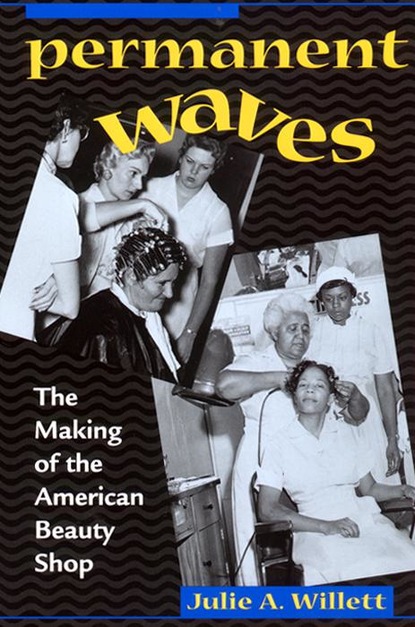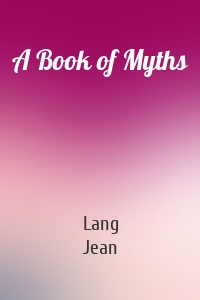
Permanent Waves скачать fb2
Julie Ann Willett - Permanent Waves краткое содержание
Throughout the twentieth century, beauty shops have been places where women could enjoy the company of other women, exchange information, and share secrets. The female equivalent of barbershops, they have been institutions vital to community formation and social change. But while the beauty shop created community, it also reflected the racial segregation that has so profoundly shaped American society. Links between style, race, and identity were so intertwined that for much of the beauty shop's history, black and white hairdressing industries were largely separate entities with separate concerns. While African American hair-care workers embraced the chance to be independent from white control, negotiated the meanings of hair straightening, and joined in larger political struggles that challenged Jim Crow, white female hairdressers were embroiled in struggles over self-definition and opposition to their industry's emphasis on male achievement. Yet despite their differences, black and white hairdressers shared common stakes as battles were waged over issues of work, skill, and professionalism unique to women's service work. Permanent Waves traces the development of the American beauty shop, from its largely separate racial origins, through white recognition of the «ethnic market,» to the present day.
Скачать книгу «Permanent Waves» Julie Ann Willett
Чтобы оставить свою оценку и/или комментарий, Вам нужно войти под своей учетной записью или зарегистрироваться



